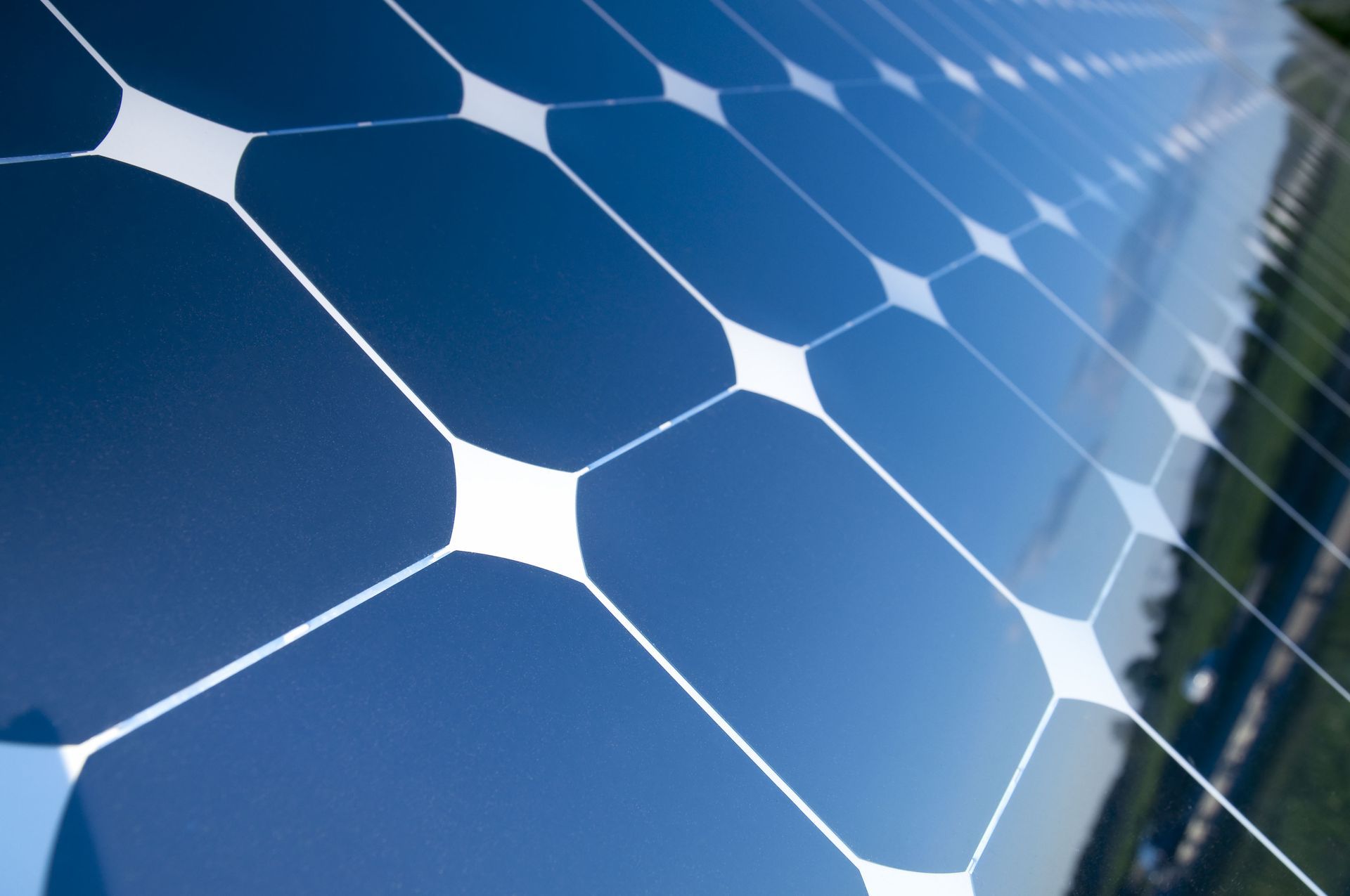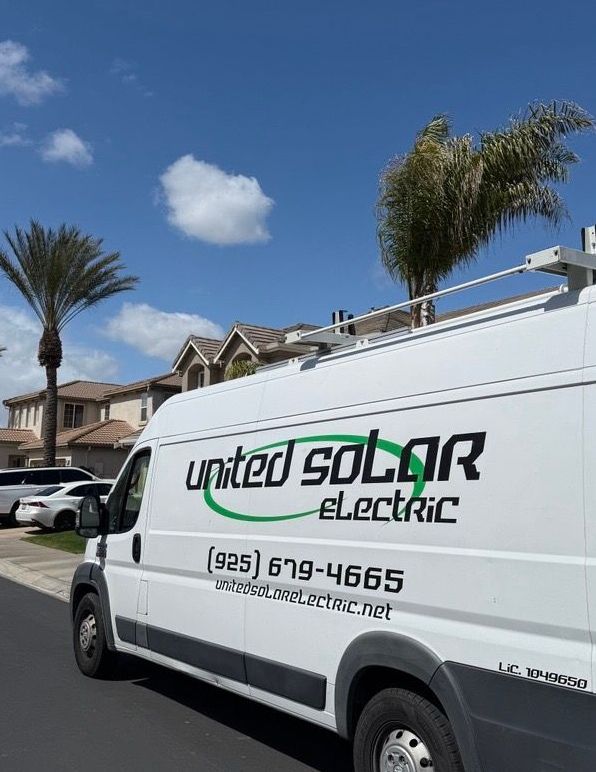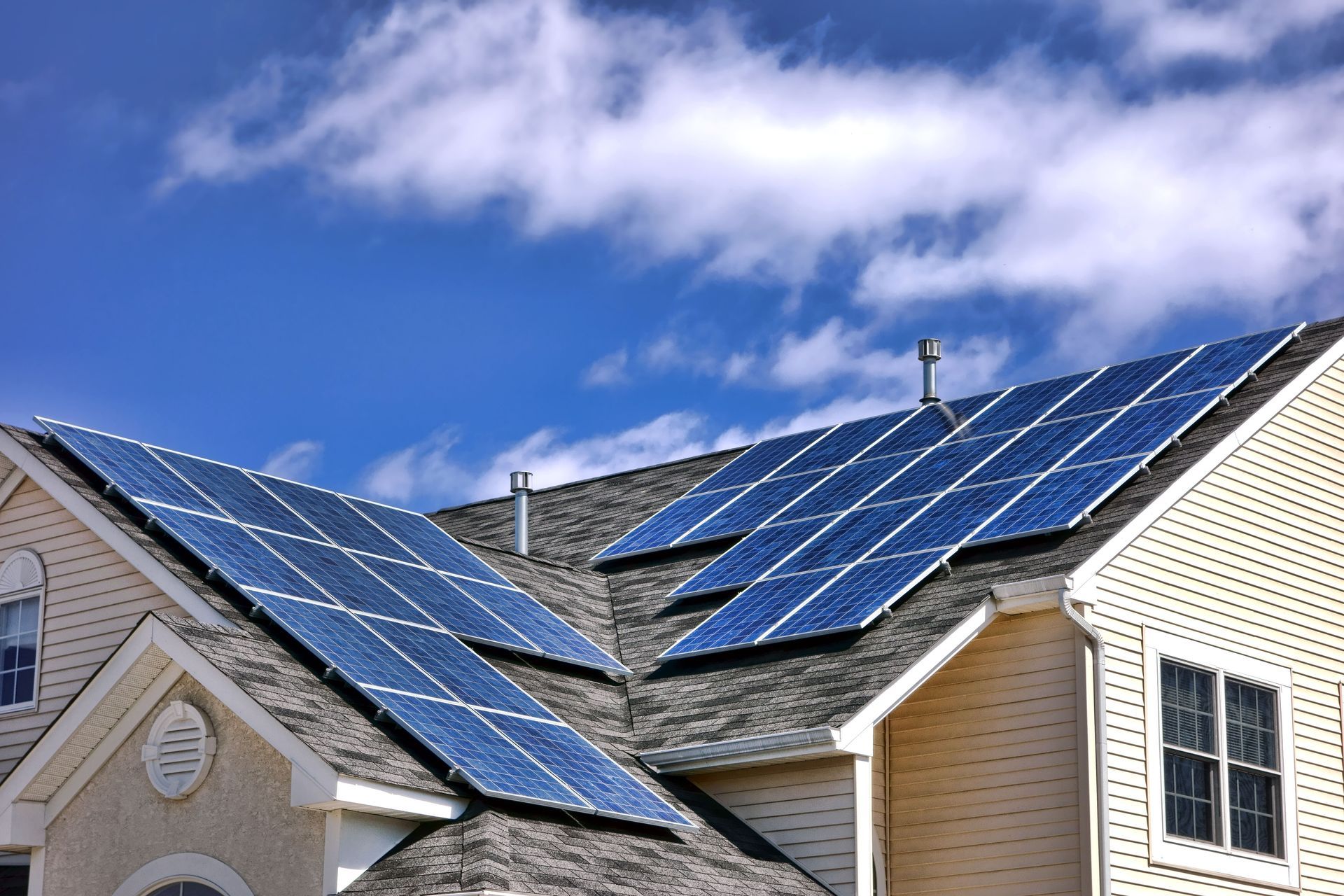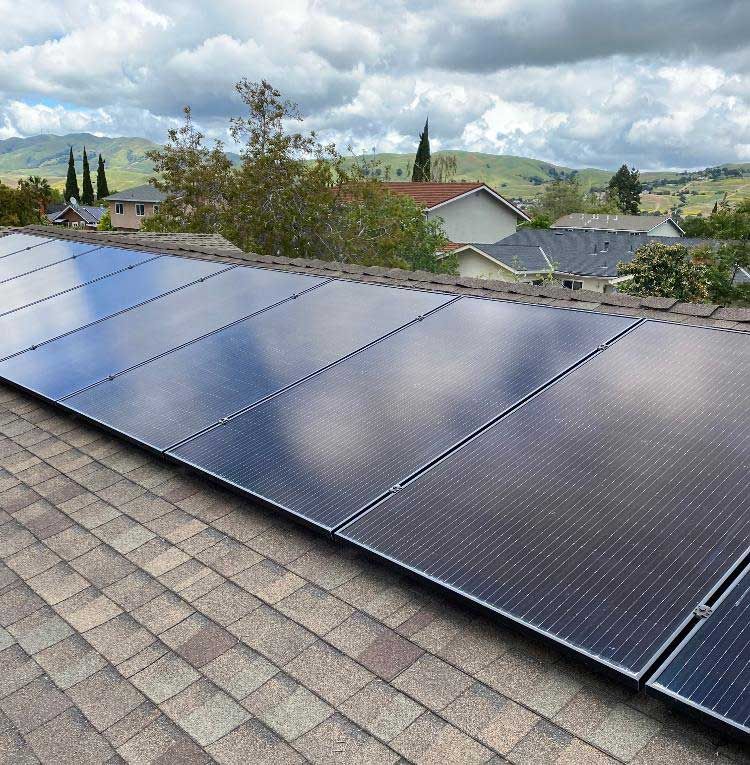How Solar Energy Helps the Environment
As the world grapples with the pressing issue of climate change, sustainable energy solutions are more vital than ever. Among these, solar energy stands out as a leading contender in reducing ecological harm and fostering sustainable practices. Its naturally renewable nature and increasing accessibility make solar energy a compelling choice for individuals and companies alike, aiming to reduce their environmental footprint and contribute towards a cleaner planet. Beyond cost savings, the adoption of solar panels represents a conscious step toward long-term environmental preservation.
Reducing Harmful Emissions
Firstly, solar energy drastically reduces the emission of harmful gases. Traditional energy sources like coal and natural gas are significant contributors to greenhouse gases, which exacerbate the greenhouse effect and global warming. By harnessing the sun's power, we are able to produce clean energy that doesn't pollute the air. According to Chariot Energy, solar energy users save up to 35 tons of carbon dioxide and 75 million barrels of oil each year, significantly curtailing the environmental damage caused by fossil fuels. This reduction in emissions also translates into improved air quality, which benefits both ecosystems and public health.
Conserving Water Resources
Moreover, there is a notable conservation of water resources found in solar energy utilization. Conventional power plants, particularly those that burn fossil fuels, consume vast quantities of water for cooling purposes. In contrast, solar panels, especially photovoltaic systems, require minimal water to generate electricity, thereby conserving this critical resource. By reducing water usage, solar energy helps maintain aquatic ecosystems and mitigates the strain on freshwater reserves, crucial for sustaining life and agriculture. As global water scarcity becomes a growing concern, this conservation benefit gains even greater significance.
Protecting Land and Wildlife
Additionally, solar energy contributes to reducing land degradation and habitat destruction. Fossil fuel extraction and production often result in deforestation, soil erosion, and the destruction of habitats. On the other hand, solar installations can be designed to coexist with existing land uses, such as being placed on rooftops or desert areas, minimizing their impact on wildlife and natural landscapes. In many regions, solar farms are even paired with pollinator-friendly plants to support biodiversity.
Solar energy presents a viable and impactful solution for environmental preservation. As technology advances and the adoption of solar panels becomes increasingly widespread, the positive effects on the environment will only continue to grow. By investing in solar energy, we take a significant step towards a sustainable and healthier planet for future generations. Contact our team at United Solar Electric today and learn more about our solar panel services.
























Share On: